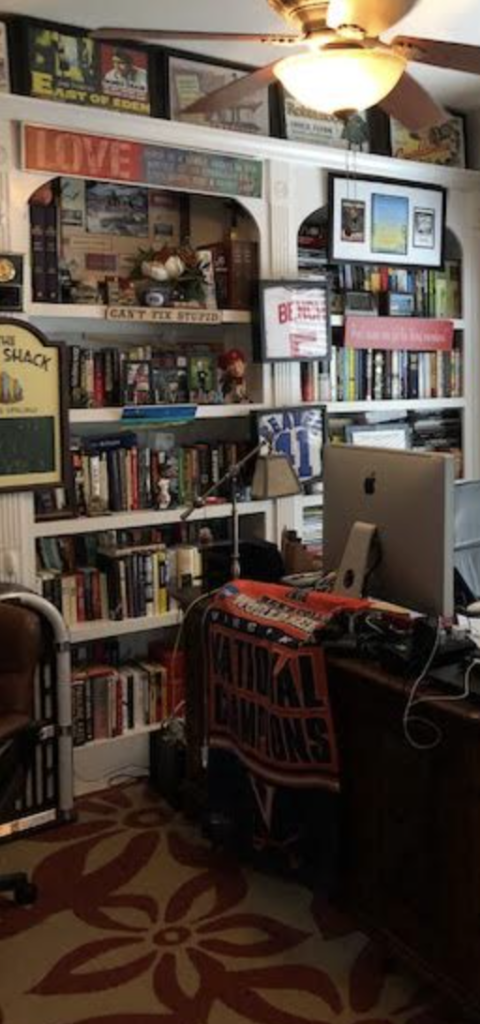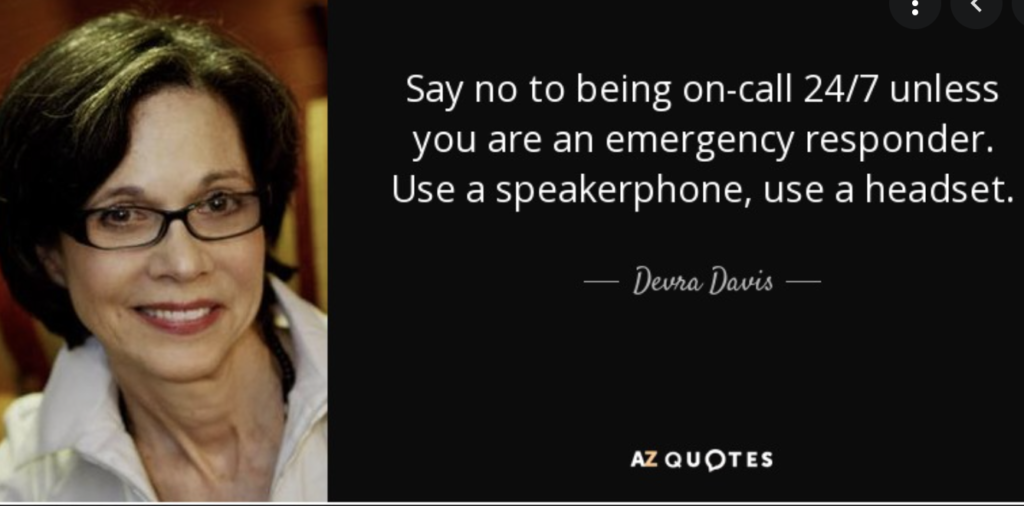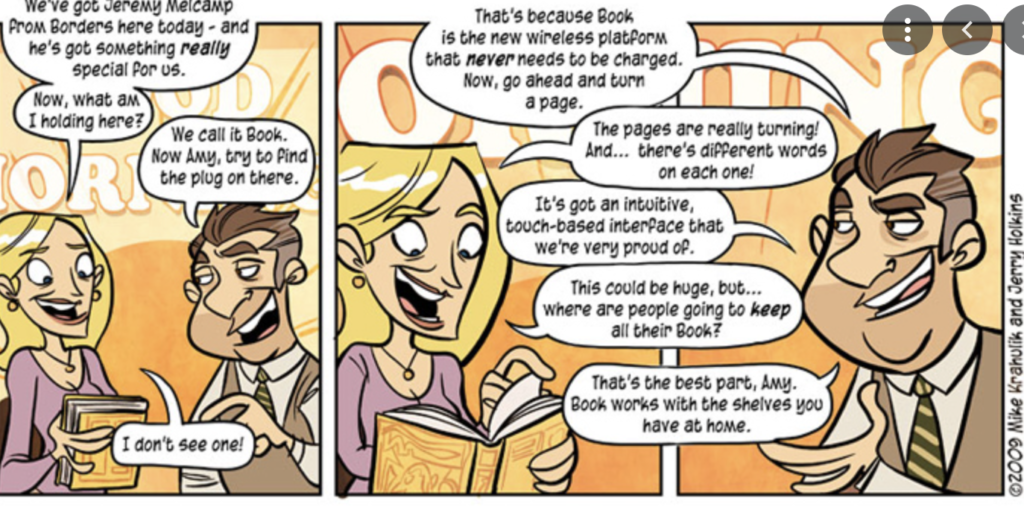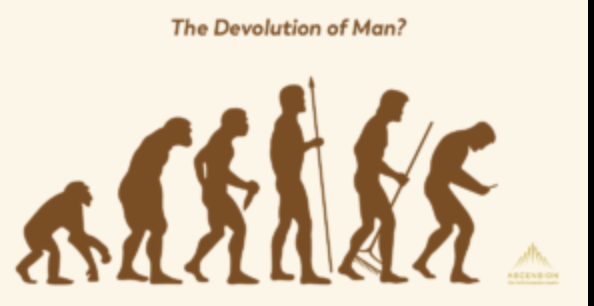Not all progress is progress.
Television, for example. Back in the late ’50s, the time of my earliest memories of TV, we watched on smallish black and white sets. There were usually only three channels to choose from, and you could only watch shows when the networks had them scheduled. There was no Tivo, no VCRs or DVDs and most stations signed off for the night at midnight or a little later. Reception was nothing special, oftentimes ruined by something as simple as a plane flying overhead.

The programming itself was fairly bland, although there are some shows that have stood the test of time.
These days we have ultra high definition color TV on screens that wouldn’t be out of place in small movie theaters. We have hundreds of channels and all sorts of options to watch shows when we want to watch them, not just when they’re scheduled. In fact, thanks to DVDs and streaming services, I can watch shows that haven’t been on the air since I was a kid.
“There are eight million stories in the Naked City …”
You can also watch a much more varied type of programming, from kids’ shows to serious drama to hard-core pornography.
Progress, huh?
There are a couple of flaws in that thinking. First off, TV is a much bigger part of our lives now than it was then. Second, I seem to recall all that programming back then used to be free. When people started talking about a future that involved something called Pay TV, mostly they said it was ridiculous to think someone would pay for something they were already getting for free.
And one serious mixed blessing — if you even want to call it that — is being able to bring explicit violence and hardcore sex into the home.
Then there’s communication. We had telephones with dials, plugged into the wall that could only be used when we were at home, work or willing to pay 10 cents to use a pay phone. If you wanted to call anyone who wasn’t local, it cost extra. In fact, long distance charges were highest in the daytime, less high in the evenings and cheapest at night.
Answering machines came along later, but until then if you weren’t home, all people could do was call back and hope to catch you later.
But answering machine begat voice mail and cordless phones led to car phones and eventually cellular phones where you could be reached anywhere there was service in the form of a cellular tower.
Progress, huh?
Well, it isn’t as easy to be out of touch, if that’s what you want. Your boss can call you back into the office in the evening or even on weekends. In fact, some Western European nations have passed laws saying bosses can’t call or even email their employees outside of working hours except in cases of serious emergencies.
Not just Jim, get your butt in here. The grill man didn’t show up tonight. so we need you in here.

It’s truly amazing how many crummy jobs act like you’re on call 24/7.
It’s understandable if you’re a surgeon or a police officer, but if your job is stocking shelves at Walmart, it’s not the most crucial work being done in the community.
Maybe the easiest way to say it is that your boss shouldn’t own you. Not unless he’s paying you a lot more than he probably is.
You want to pay me $10,000 a year, no way.
You want to pay me $10,000 a week, I’m yours.
More progress? How about the Kindles and Nooks, the iPads and smartphones?
My Kindle has more than 1,500 books, more than 700 audiobooks and hundreds and hundreds of movies and TV shows. I could be stuck on a remote island somewhere for the rest of my life and as long as I have a solar-powered charger to keep the power on, I could read for the rest of my life without ever repeating anything.
I might not have an Internet connection to download all of it, but keeping my mind occupied would not be a problem. And actually, if my smartphone was a satellite phone, I create a Wifi hot spot and donwload to my heart’s content.

I still have hundreds of actual books and I always will, If there is anything better than books to collect, I’ve never found it. Especially when they’re books I have owned a long time.
So yes, the Kindle is progress, but not to the exclusion of actual books.
Progress doesn’t mean throwing away everything that isn’t new.
It never did.

